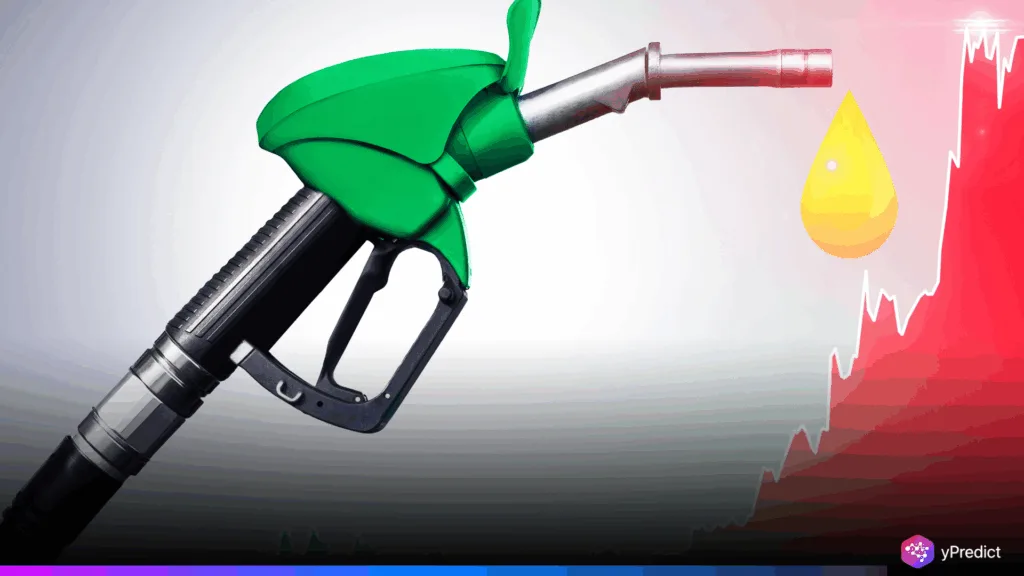
Angola has increased the price of diesel by 33%, the third increase in 2025. This deregulated price increase will help to remove fuel subsidies and is an effort supported by the International Monetary Fund (IMF).
The new price, which took effect Friday, climbs from 300 kwanzas to 400 kwanzas ($0.43) per liter. The announcement came Thursday evening from the Petroleum Derivatives Regulatory Institute (IRDP). Authorities described the increase as part of a “gradual adjustment of fuel prices.”
For many Angolans, this hike deepens concerns about rising living costs. For policymakers, however, it signals a commitment to economic reform and fiscal discipline.
Angola Responds to IMF Push for Subsidy Reform
Angola recently adjusted fuel prices, following an IMF–World Bank review of the country’s ongoing economic reform program. In February, the IMF urged Angola to remove fuel subsidies, which could cost nearly $3 million in 2024. This subsidy bill equals Angola’s total yearly spending on health and education, putting major pressure on the national budget. The IMF sees subsidy cuts as key to long-term fiscal health and improved use of public resources. By reducing subsidies, Angola can redirect funds toward infrastructure, healthcare, and education to support sustainable development.
Diesel Price Rises While Other Fuel Rates Stay Frozen
Despite the steep rise in Angola’s diesel price, the IRDP confirmed that prices for other fuels including gasoline and liquefied petroleum gas (LPG) remain unchanged for now.
The March and April hikes had already sparked criticism. This third increase shows Angola’s resolve to stay on track, even as global energy markets fluctuate.
By isolating diesel for the price rise, officials aim to manage inflation risks while continuing the transition away from heavy fuel subsidies.
Public Impact and Political Sensitivity
Rising diesel prices may affect the working class in Angola the most. Diesel fuels the vast majority of public transport and commercial vehicles, and any price increase tends to have an economic ripple effect.
So far, the government has tried to cut fuel subsidies in stages to stave off shocks. But if price increases persist, it could create more political friction.
The government, despite all the foreboding prospects of social disorder in relation to economic conditions, is still likely pursuing what the IMF tells them to do, thus abdicating their responsibility as a state.
Fuel Subsidy Cuts Are Reshaping Public Policy
Angola is now seeing cuts to fuel subsidies and has made it clear that it wants to redirect that spending into social services and infrastructure. The IMF sees this change in spending as constructive and articulated the need for both fiscal transparency and fiscal efficiency.
The current reform path this year is one of Angola’s most ambitious in order to have long-term stabilization. However, the biggest challenge is balancing reform with social stability.







